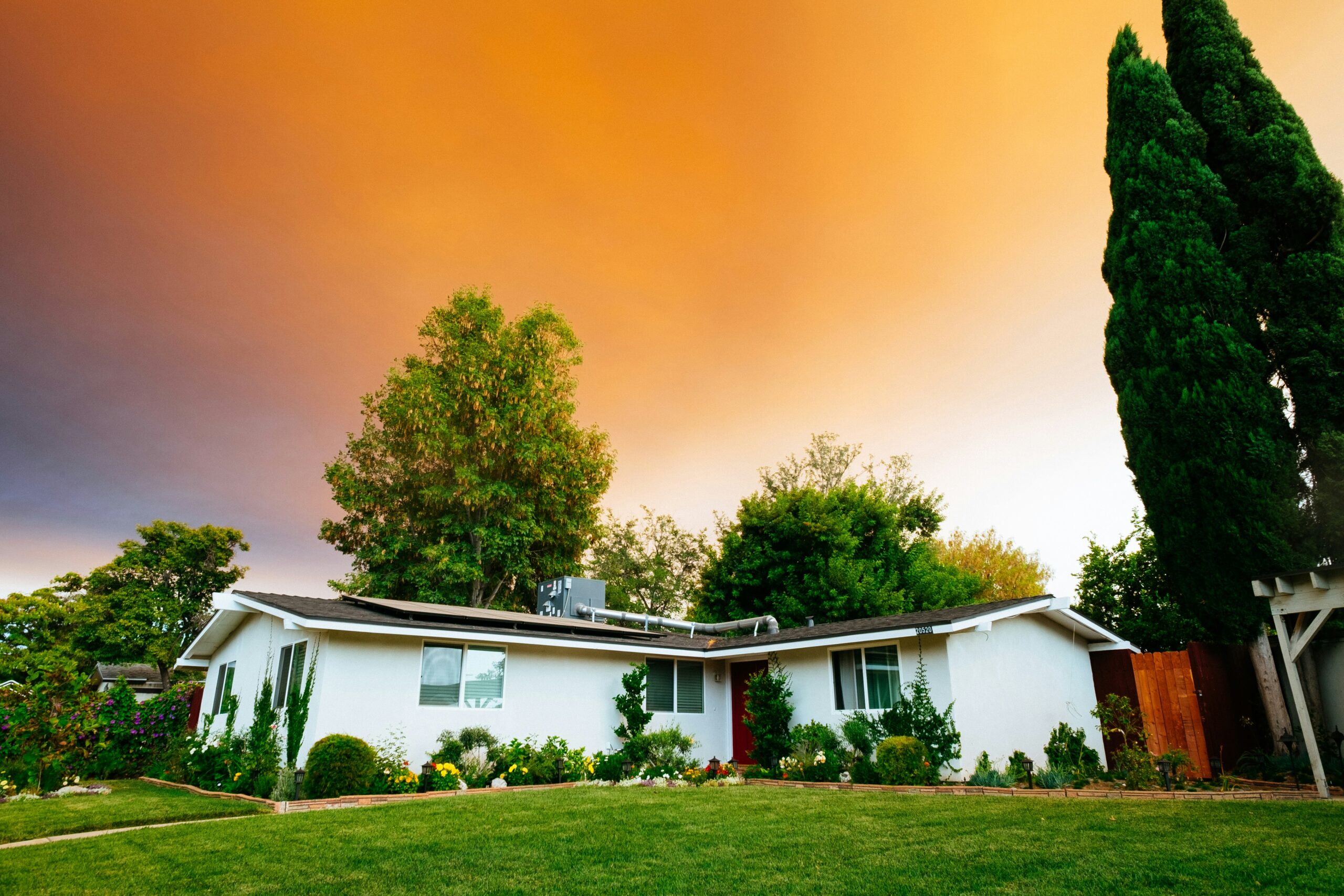Many people are interested in buying a home but are concerned about having enough money for a down payment. Did you know that it’s possible to buy a home without one? If you are a first-time buyer looking for a mortgage with no deposit, here is what you need to know.
Understanding the Challenges of No Deposit Mortgages
For first-time buyers, securing a mortgage without a deposit is a daunting task. Traditionally, lenders require a deposit as a security measure, reducing their risk. Without this upfront payment, you’re left with limited options, often involving higher interest rates or stricter eligibility criteria. The reality is that while no-deposit mortgages may seem appealing, they come with significant challenges, particularly in today’s unpredictable housing market.
According to real estate expert Bill Gassett of Maximum Real Estate Exposure, the primary no-down-payment loans are VA and USDA mortgages. However, you need to pass specific rules to qualify.
“For as long as I have been in real estate, two popular no down payment loan options have been Veteran’s and USDA loans. Unfortunately, you need to pass strict qualifications for both. You can’t take advantage of a VA loan unless you have served in the military or your spouse has.
With a USDA loan, you must also meet specific income requirements, and the property cannot be in an urban area. As you might imagine, this leaves out many buyers who cannot take advantage of these mortgage options.
They are left to look elsewhere for a loan that will fit their needs.”
The Role of Guarantor Mortgages
One alternative to traditional mortgages is the guarantor mortgage, where a family member or close friend agrees to cover your payments if you default. This option is gaining popularity among first-time buyers struggling to save for a deposit. However, this solution requires a guarantor with substantial financial stability, adding another layer of complexity. For some, the emotional and financial burden on the guarantor may outweigh the benefits of homeownership.
Exploring Shared Ownership Schemes
Shared ownership is another route to consider if you’re unable to save for a deposit. These schemes allow you to purchase a portion of a property, usually between 25% and 75%, and pay rent on the remaining share. While this option lowers the initial cost of buying a home, it also means you’re still paying rent, and the process of “staircasing” to full ownership can be slow and expensive. Additionally, shared ownership properties are often leasehold, which comes with its own set of challenges.
Government Help to Buy Programs
The government’s Help to Buy scheme can be a lifeline for those without a deposit. This program offers an equity loan, which can cover up to 20% of the property’s value (40% in London), allowing you to secure a mortgage with just a 5% deposit. While this is a viable option for many, it’s crucial to remember that the loan is interest-free for only the first five years, after which interest charges start to accrue. This can lead to financial strain if not planned for adequately.
The Impact of No Deposit on Long-Term Finances
Buying a home with no deposit can have lasting effects on your financial situation. With higher loan-to-value (LTV) ratios, you’ll face larger monthly payments and possibly higher interest rates. Over time, this can lead to significant financial stress, especially if your circumstances change. Additionally, if property values fall, you risk falling into negative equity, where your mortgage debt exceeds the value of your home. This situation can be particularly difficult to manage and may limit your options in the future.
Alternatives to Buying with No Deposit
If you’re determined to buy your first home but struggling to save for a deposit, there are alternative strategies to consider. For instance, renting in a more affordable area and saving aggressively could help you accumulate the necessary funds over time. Additionally, some lenders offer low-deposit mortgages, which might be a more sustainable option. It’s also worth exploring the possibility of pooling resources with a partner or friends to share the costs and responsibilities of homeownership.
Weighing Your Options for Buying With No Deposit
The prospect of buying your first home with no deposit is challenging, and it’s essential to carefully consider all your options. While no deposit mortgages exist, they come with significant financial risks that could impact your future.
Before making any decisions, take the time to explore alternative strategies, such as guarantor mortgages, shared ownership, or government assistance programs. Consulting with a financial advisor can provide personalized guidance tailored to your unique situation. Remember, the key to successful homeownership is not just getting the keys, but ensuring you can sustain your investment in the long term.

